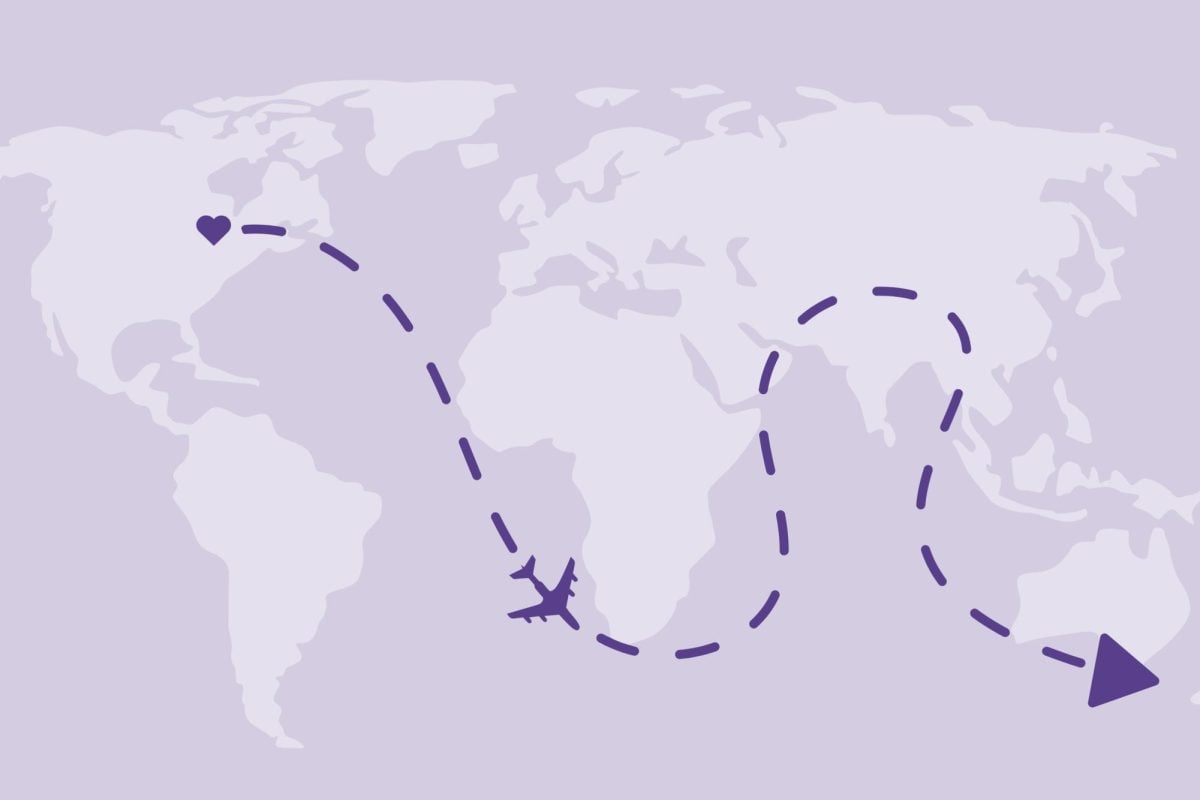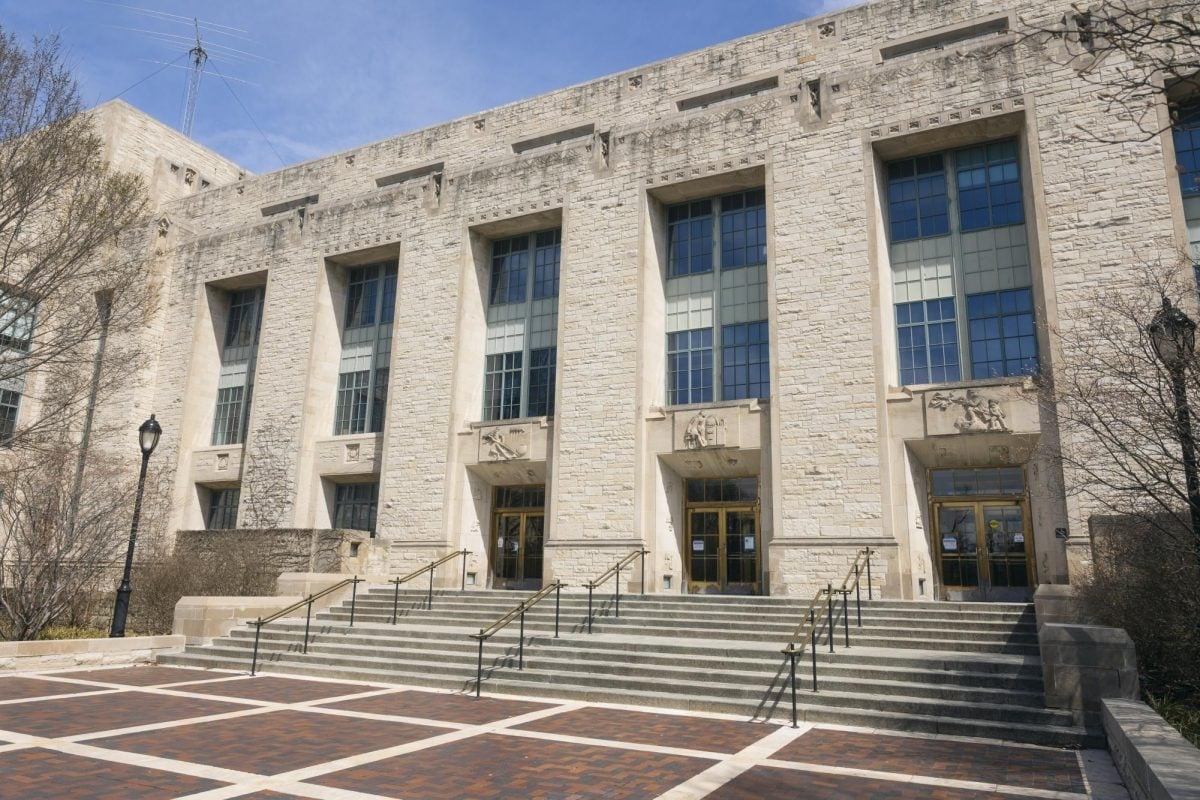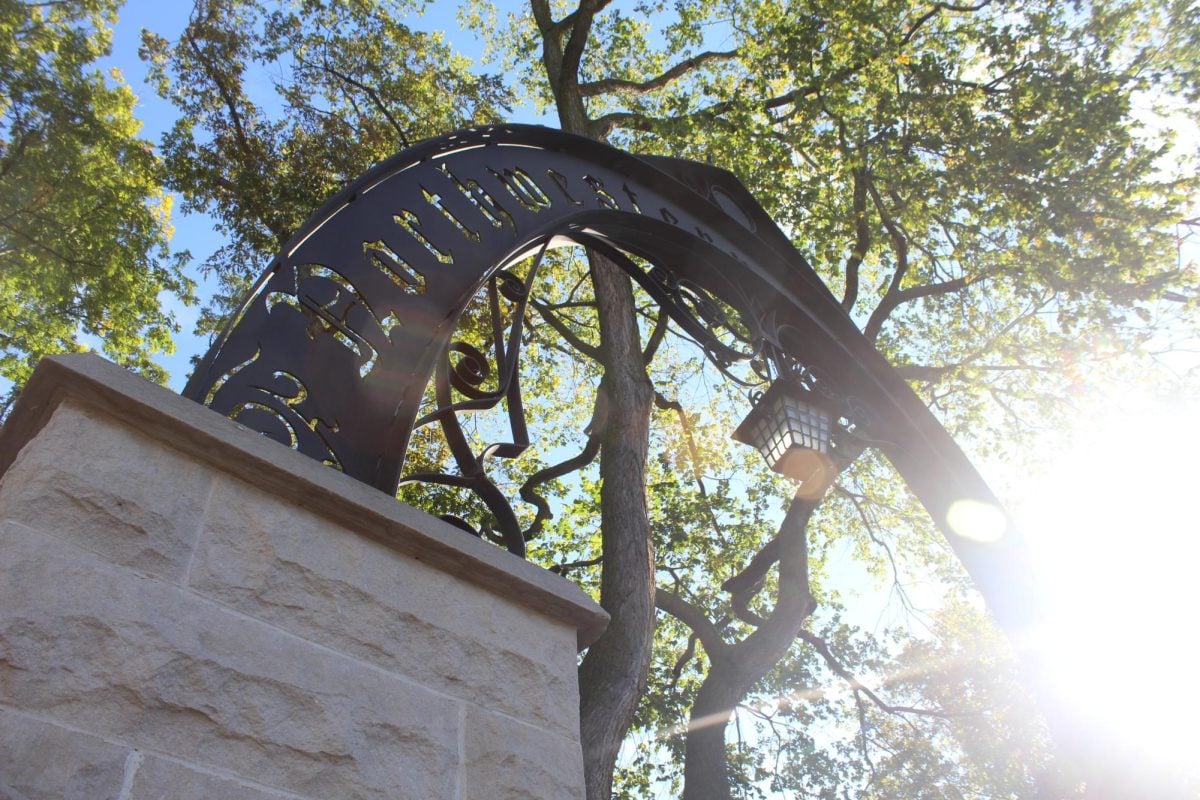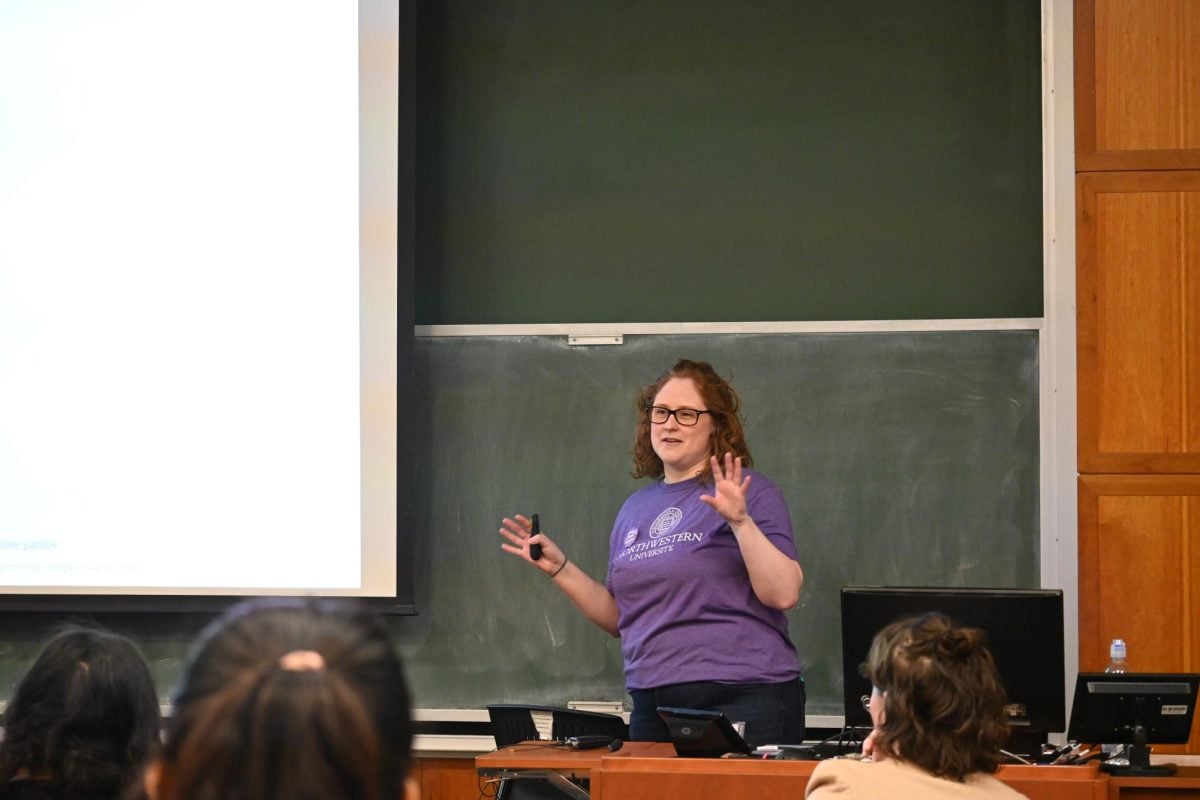When Weinberg senior Hannah Jahnke stepped off the plane to study abroad last summer, she was greeted by a large billboard making an accusation rarely heard back home. The sign, placed directly outside the Havana airport, denounced Americans as terrorists.
“We were all taken aback by that,” she said.
Last year, Northwestern offered the first-ever study abroad program in the United States allowing students to study public health in Cuba. This year, NU is expanding its offerings with “Cuba: Culture and Society.”
Due to last summer’s success, NU added a second track focusing on Cuban culture throughout history that will allow an additional 10 students to study in the country, said Adrian Lopez-Denis, assistant professor of history at University of Delaware and the on-site program director. Each track lasts eight weeks and includes four courses, according to the NU International Program Development website.
Karey Fuhs, NU assistant director of study abroad, said the program’s only requirement is an intermediate knowledge of Spanish or two years of Spanish study at NU. If applicants are not in Weinberg, the Spanish department can evaluate their proficiency through tests, she said.
Lopez-Denis said it is important that NU students study Cuba because the nation has a very strong public health system for an otherwise under-developed country.
The United States has imposed strict travel and trade restrictions on communist Cuba for decades. According to the U.S. Department of State, Americans may travel to Cuba only if they buy a license and are visiting a family member, reporting as journalists or performing necessary business or government work.
“There’s basically no way to get to Cuba besides one of these programs,” Lopez-Denis said. “It’s almost impossible to get an idea of what Cuba is from the outside or how it works.”
During last summer’s session, all of the students immediately realized they were in for a different experience – except for Weinberg sophomore Helen Gomez, who was born in Cuba and moved to the United States at an early age because of political problems, Gomez said.
When the Soviet Union collapsed, so did the Cuban economy, leaving scarce resources and driving Cuba into a time called the “Special Period.” Gomez’s family left for the United States, unable to handle the extreme conditions.
Returning to Cuba to study, she said, enabled her to see the discrepancy between how the government presents the nation and what she and her family members have experienced. Prior to last summer, Gomez had visited Cuba three other times to reconnect with relatives.
“There’s a lot of mixed feelings,” Gomez said. “As someone who’s left their country, you want to go back and see what’s changed, but given the politics, it adds a new dimension.”
During their time studying at the Instituto de Medicina Tropical “Pedro Kouri,” the students saw public health from a Cuban perspective. They also witnessed communist control in everyday life, Jahnke said. When they shopped for food, there were only three types of snack food – the government mandates and produces everything in Cuba. In addition, Jahnke said students observed communist propaganda everywhere from hospitals to newspapers.
“It was hard for me, because when you’re getting a message from someone who works for the government, you have no idea if what you’re hearing is true,” Jahnke said.
Lopez-Denis said he believes just being in the country is an experience no other program can offer. His passion is the relationship between politics and public health, which he shares with students in the program by teaching a class for both program tracks called “Health and Society.”
Even Gomez, who has seen the ill effects of the Cuban situation firsthand, learned about Cuba’s health system through a new lens when her younger cousin became sick during her visit and checked into a Cuban hospital.
Despite Lopez-Denis’ assertion that Cuba has a strong public health infrastructure, Gomez criticized how only certain citizens benefit from it.
“It was certainly not satisfactory,” Gomez said of her cousin’s treatment. “I don’t think his care would have been the same if he had been related to a government employee.”
Nearly everyone on the trip obtained products on the black market, Jahnke said.
Because she does not eat red meat, a common component in Cuban food, she was forced to purchase chicken outside the government-controlled stores.
Nevertheless, both Jahnke and Gomez said they see definite potential for the new program.
Both said they are glad the program requires a proper understanding of Spanish because speaking to people there was one of the most valuable parts of their experience.
Lopez-Denis said NU may add more programs if they continue to be successful.
“It’s an important part for building bridges – between the people, the college students and the educational system,” Lopez-Denis said of the programs. “No matter how you go, you end up transformed by the trip.”







